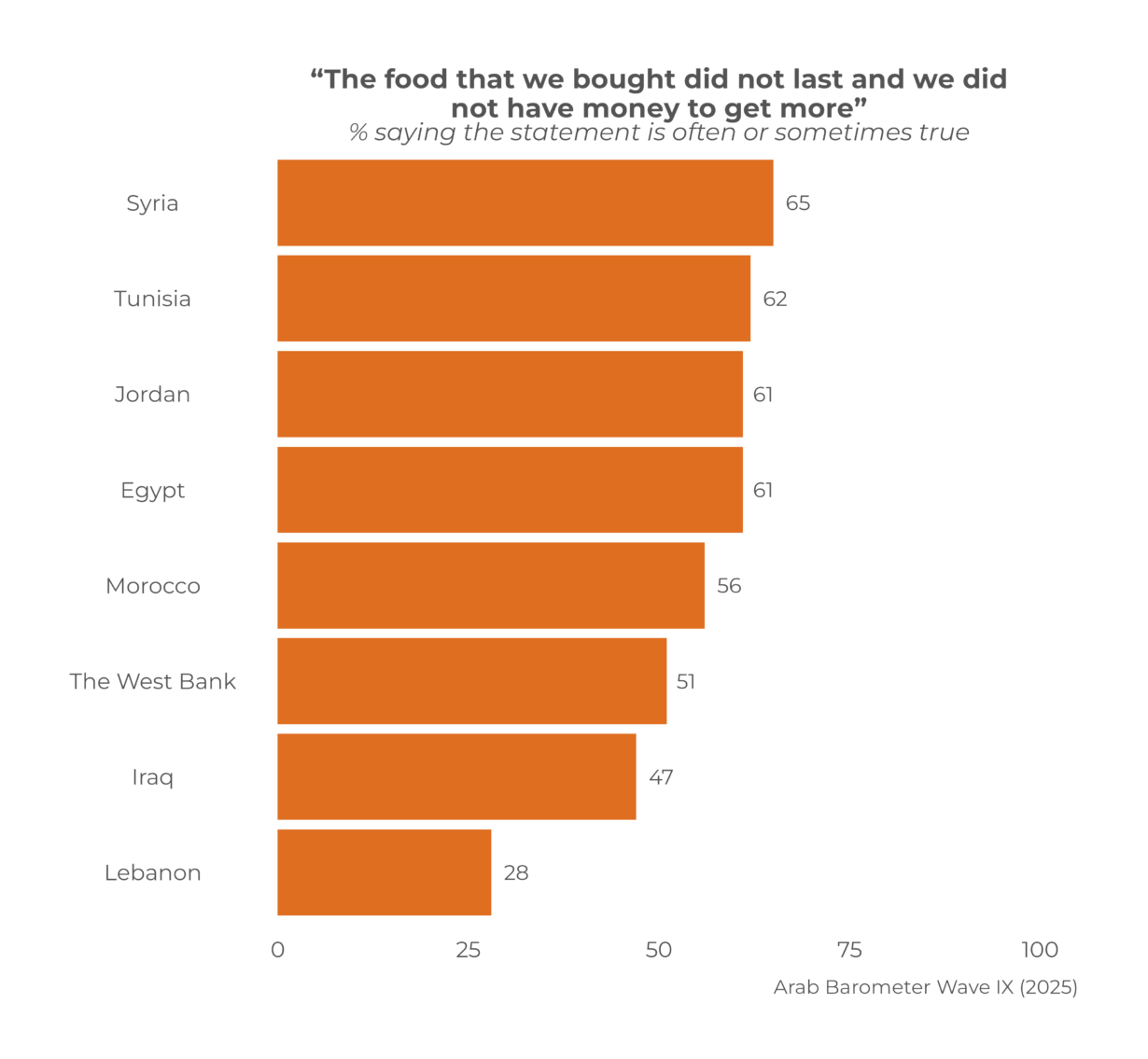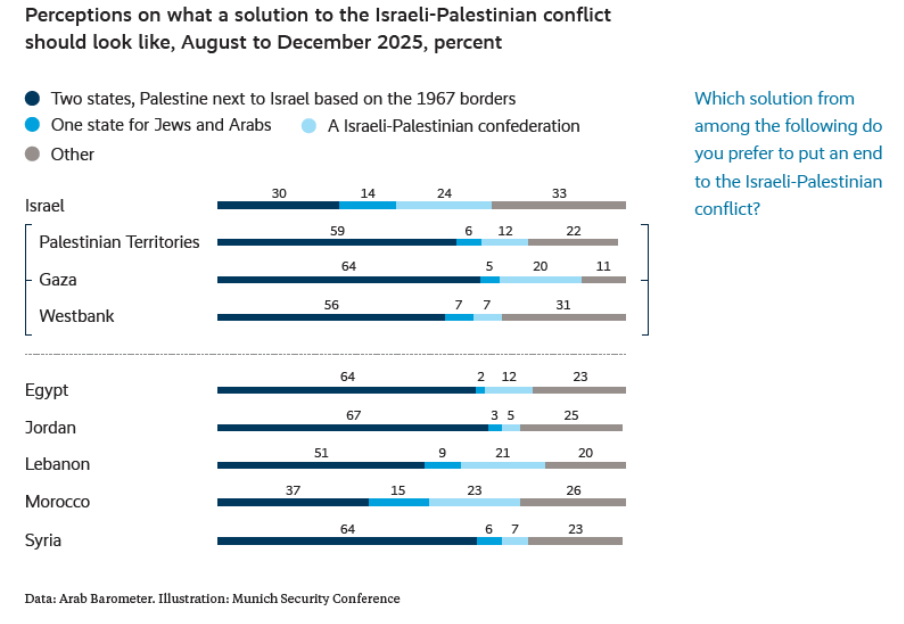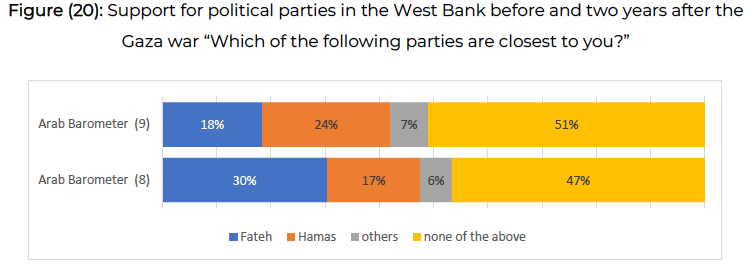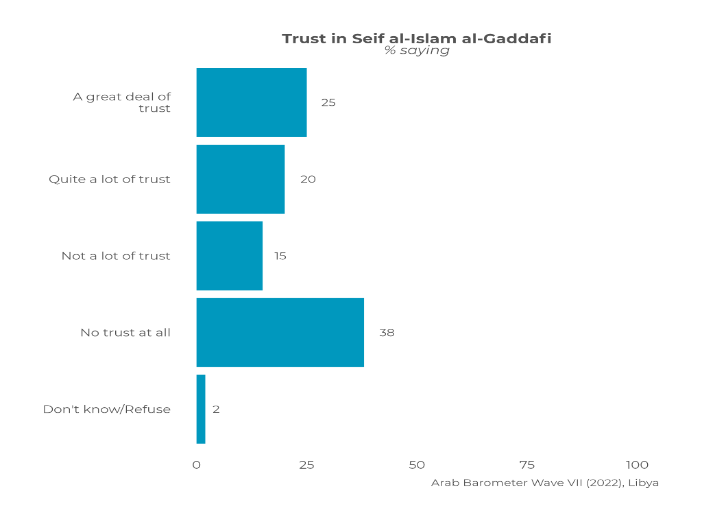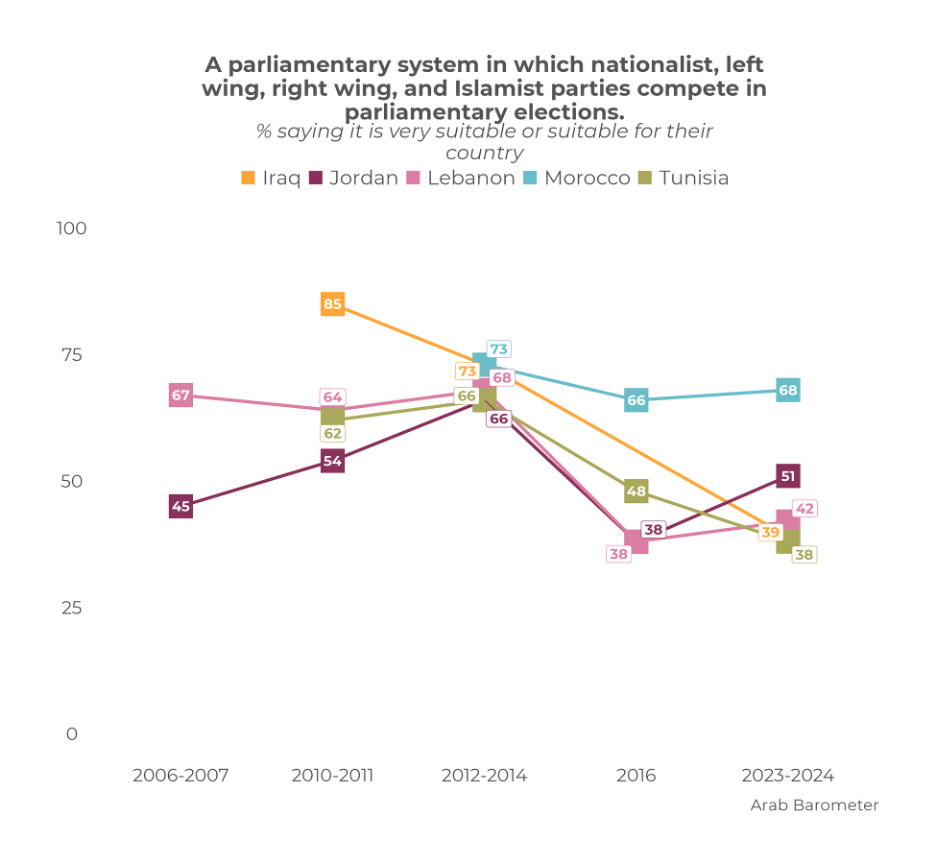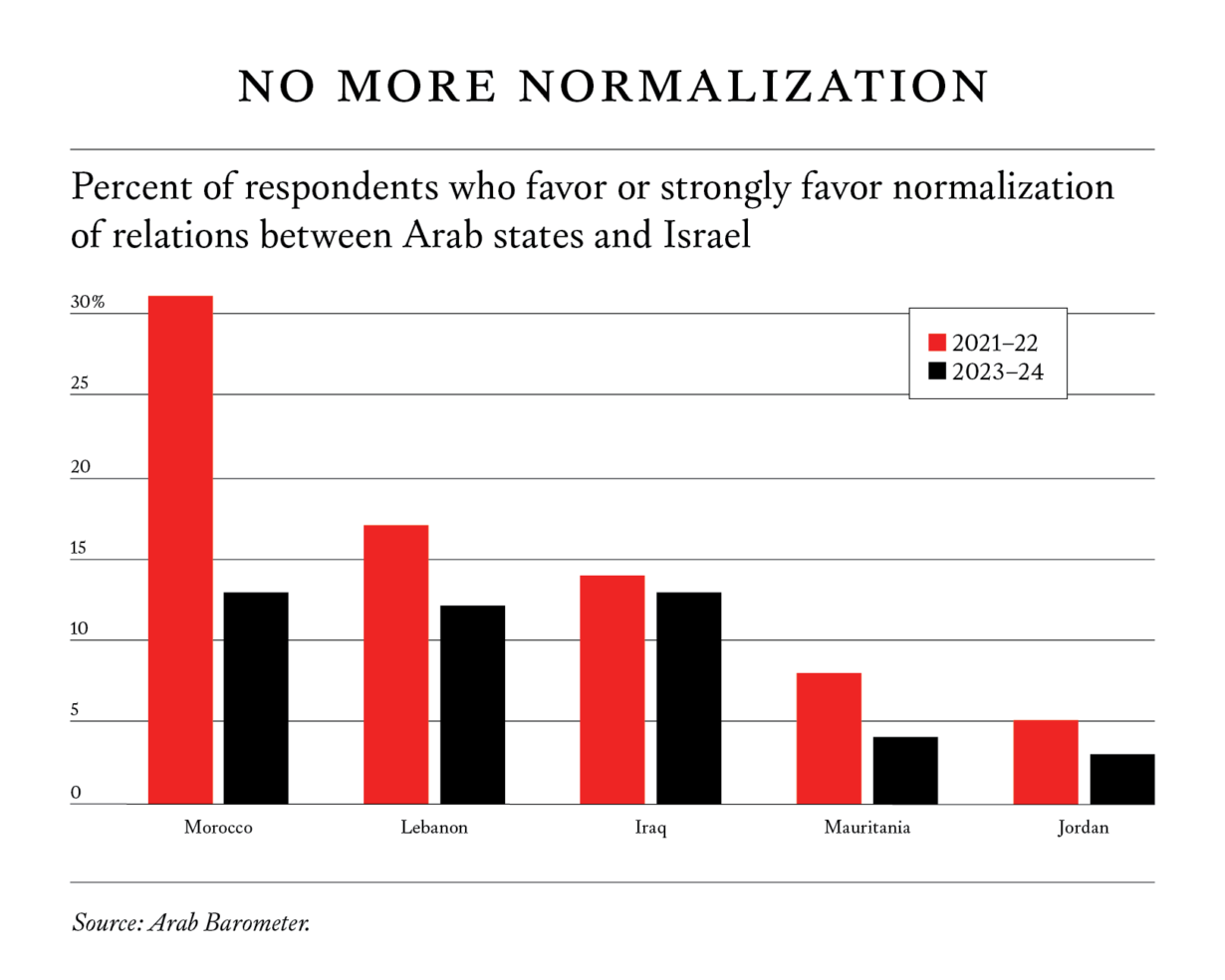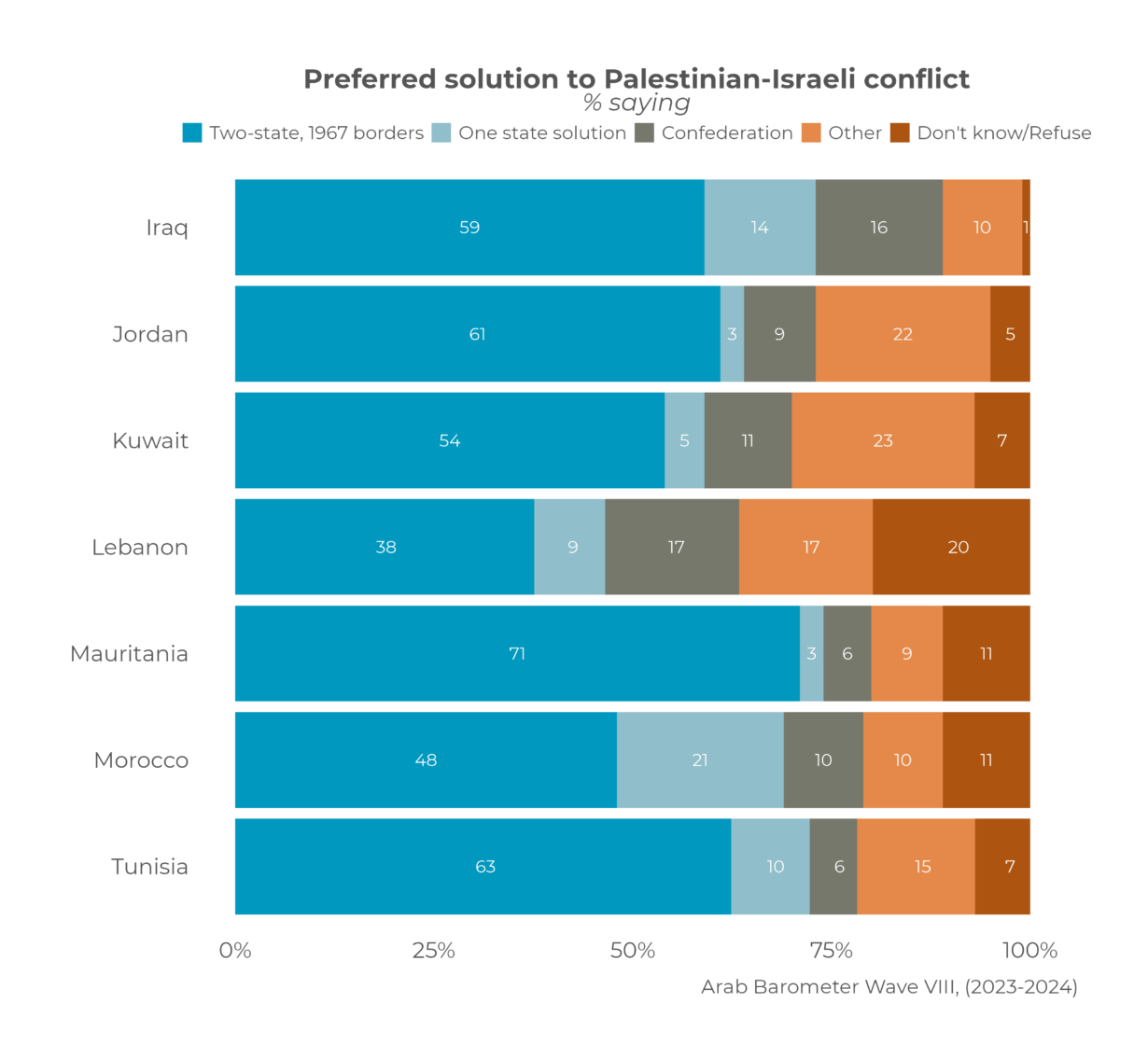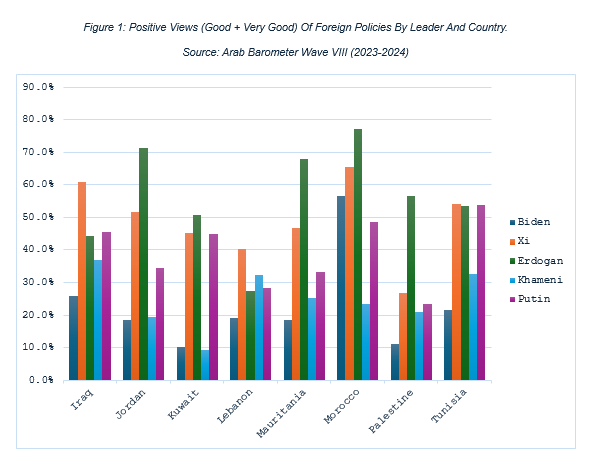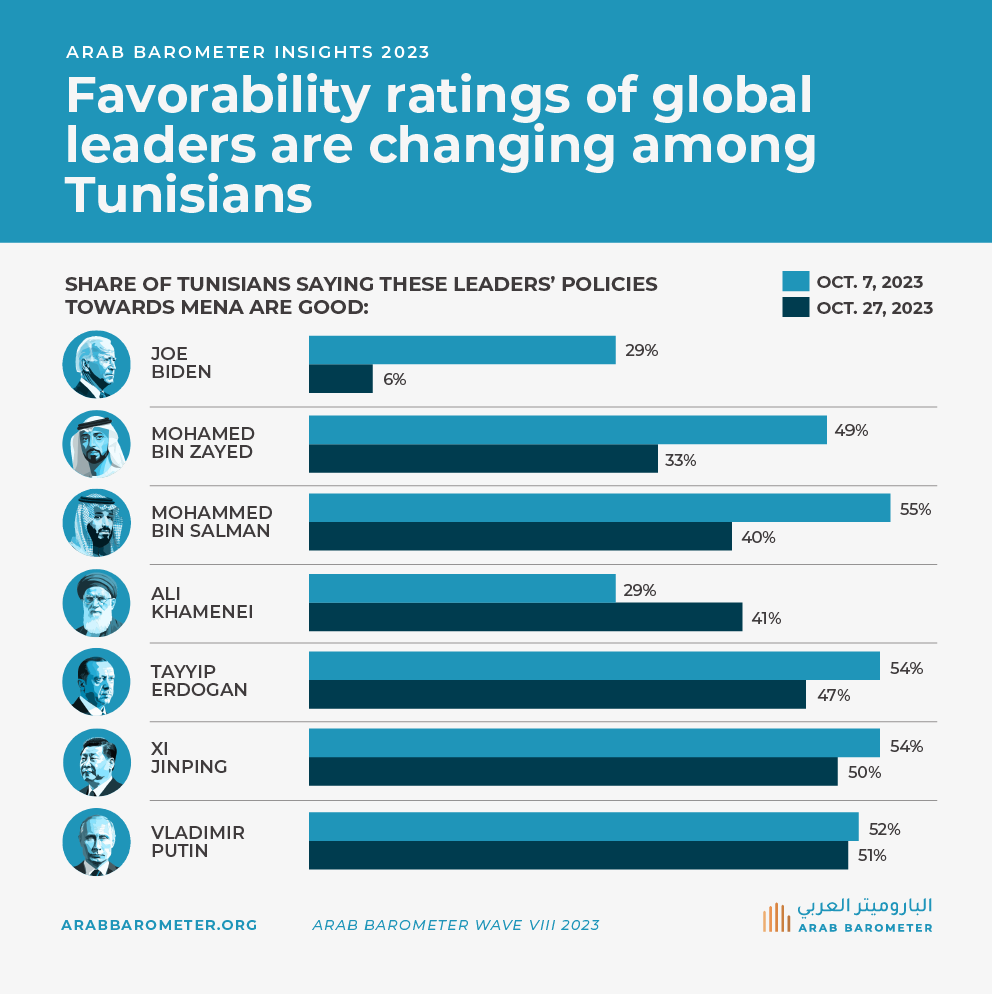As citizens across the Middle East and North Africa (MENA) region welcome the holy month of Ramadan, concerns over economic conditions and food insecurity loom large. In 2022, Arab Barometer reported on the pervasiveness of food insecurity in several countries across the region. Four years later, little has changed for ordinary citizens. Indeed, prolonged economic struggles, coupled with conflict and…
